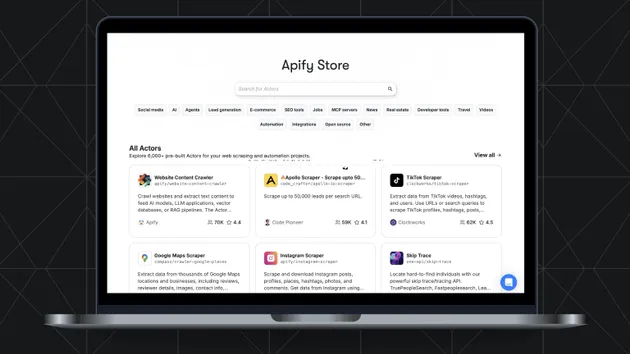Log Scanner
Pricing
Pay per usage
Log Scanner
Log scanner helps you to find particular text in your log files. It can scan [Apify](https://apify.com/) runs, tasks, or actors but also arbitrary text files. If you ever had a problem finding that one error in a thousand runs, this is a tool to use.
Pricing
Pay per usage
Rating
0.0
(0)
Developer

Lukáš Křivka
Actor stats
3
Bookmarked
24
Total users
1
Monthly active users
2 years ago
Last modified
Categories
Share




